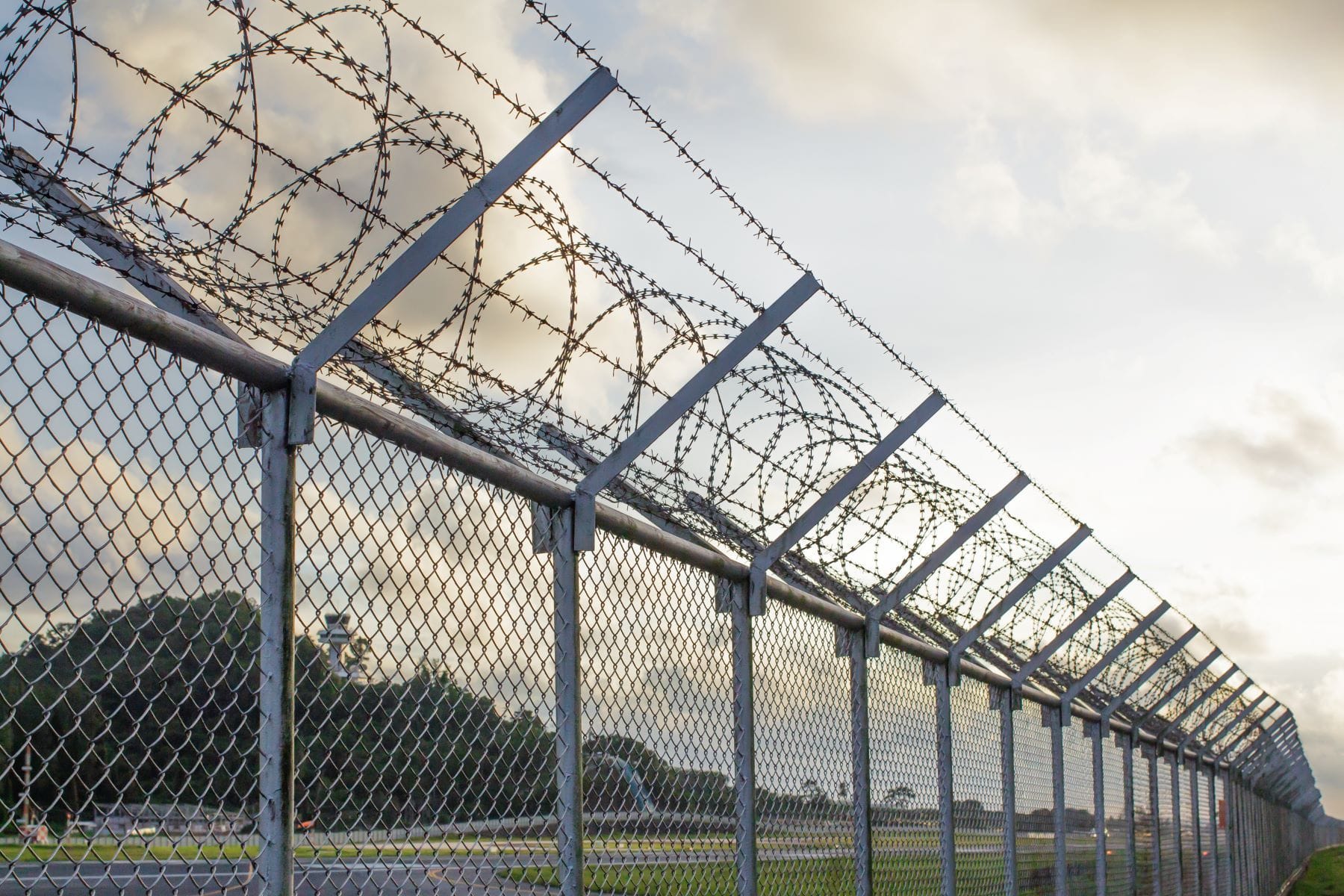Pennsylvania Juvenile Facilities Sued for Sexual Abuse
Sixty-six plaintiffs have filed claims against the Pennsylvania Department of Human Services and the owners of several juvenile detention facilities in the state. The cases allege that residents at these facilities suffered widespread sexual abuse at the hands of staff members.
Updated on
The Parties in the Cases
The cases include three lawsuits filed in Pennsylvania’s Philadelphia, Montgomery, and Dauphin County courts. They also include a suit filed in the U.S. District Court for the Eastern District of Pennsylvania.
Defendants named in the cases include the Pennsylvania Department of Human Services, which operates the state’s juvenile detention facilities. They also include the Devereux Foundation, Visionquest National Ltd., and Merakey USA, which operate privately-owned juvenile detention facilities in the state.
Juvenile facilities named in the complaints include three state-run facilities: the Loysville Youth Development Center, the South Mountain Secure Treatment Unit, and the North Central Secure Treatment Unit in Danville. They also include Northwestern Academy, which was run by Merakey USA until its closure in 2016, as well as facilities run by Visionquest and Devereux.
The Allegations in the Cases
The complaints allege that "For decades, children confined to Pennsylvania's state-run juvenile detention facilities have been subjected to horrific sexual abuse." They claim that a “culture of exploitation violence” predominates in these facilities and that within that culture, children sent to juvenile detention have experienced “rampant” sexual abuse ranging from “inappropriate strip searches to rape using violent physical force.”
The complaint against Devereux alleges that one resident was drugged and restrained, then abused by staff while he was in restraints.
Another complaint against Merakey alleges that a 14-year-old girl was forced to perform sex acts by two staffers at Northwestern Academy. When she complained, the complaint alleges, she was accused of lying and lost her home leave passes. The girl was later told to write about her experiences during therapy sessions, only to later learn that the writing sessions “would not be considered mental health treatment,” according to the complaint.
The complaints note that “In 2010, a federal investigation found high rates of sexual abuse at multiple Pennsylvania juvenile detention facilities.” Instead of doing something to correct the situation, however, the complaints allege that Pennsylvania’s state officials simply “dismissed the data.”
Jerome Block, an attorney representing the plaintiffs, says the cases seek to hold the state and the private companies accountable “for the many years of rampant and systematic sexual abuse” they inflicted. Other attorneys representing the plaintiffs include Rebecca Kimmel, John Guinan, and Anna Kull of Levy Konigsberg LLP.
What to Expect Going Forward
The complaints allege that the state’s Bureau of Juvenile Justice Services failed to take the 2010 federal investigation seriously in part because the bureau’s director believed that the children couldn’t understand or accurately answer questions about whether they’d experienced sexual abuse. While the Pennsylvania DHS has refused to comment on the case, this allegation in the complaint may reappear in litigation as the case proceeds. The plaintiffs’ attorneys are likely to use testimony from the plaintiffs, and other evidence if available, to demonstrate that the plaintiffs can and do recall and describe what happened to them.
Nor is this the first case from the plaintiffs’ attorneys, who have pursued similar lawsuits in Illinois, Maryland, New Jersey, and Michigan, according to the Associated Press. Lessons learned in those lawsuits are likely to play a role in shaping the plaintiffs’ strategy and approach in this one.
While the cases include more than sixty plaintiffs, they leave out many others who can allege similar experiences, say the plaintiffs’ attorneys. Because Pennsylvania has no Child Victims Act, survivors for whom the statute of limitations has expired have no way to bring claims against the government or the operators of private juvenile detention facilities. Should the Pennsylvania legislature pass such an act, these cases are likely to proliferate as abuse victims come forward.
The Latest
As of April 2025, the legal landscape surrounding allegations of sexual abuse in Pennsylvania's juvenile detention facilities has seen significant developments, with over 200 lawsuits filed, including seven additional cases submitted in January 2025—five against Universal Health Services and two targeting Devereux Advanced Behavioral Health.


